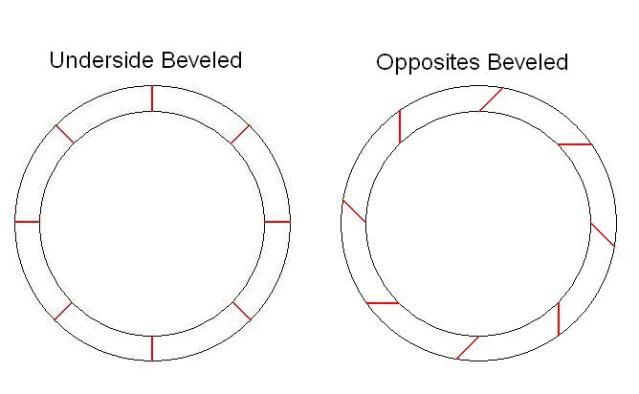exceeding the normal picture maximum, which is 6. That said This log is MOD-ADMIN approved
Also, I'd like to thank everyone that has helped me in the process of making, you guys have been awesome
Now, my whole idea for making this build log, is that you more experienced guys can critique my methods, and give any advice
on what I can do, be it in the future or on this particular whip, so don't hold anything back
Now, I'm going to be making an 8 ft. 12 plait, jacka style bullwhip ( Indy 4 ). It'll end in an 8 strand point, have the very stiff
transition, all that good stuff.
Before I start the actual whip, I'm going to buy a Dene Williams Strander, which I don't have yet, so all you're going to get for
now is my hides, so here they are :

Uploaded with ImageShack.us
I have two brown kangaroo hides, one is 58 decimeters, or 6.24 sq. ft., the other 49 decimeters, 5.27 sq. ft. These will serve as
my overlay hides.
The other one is a whisky colored hide, and it is 60 decimeters, or 6.46 sq. ft. This will serve as the braided bellies, and the
handle knots, wrist loop, and heel knot cover ( not sure what it's called, just the solid piece of leather covering the top of the
heel knot )
Next picture is some 2 oz. calf hide I'll be using for my core / bolsters. After I finish this whip I'll probably get 2 oz. tooling
cowhide for my bolsters, but I'm going to use every bit of this that I can , here it is:

Uploaded with ImageShack.us
I'll update the thread when I actually start,
THANKS again to everyone who has helped





















